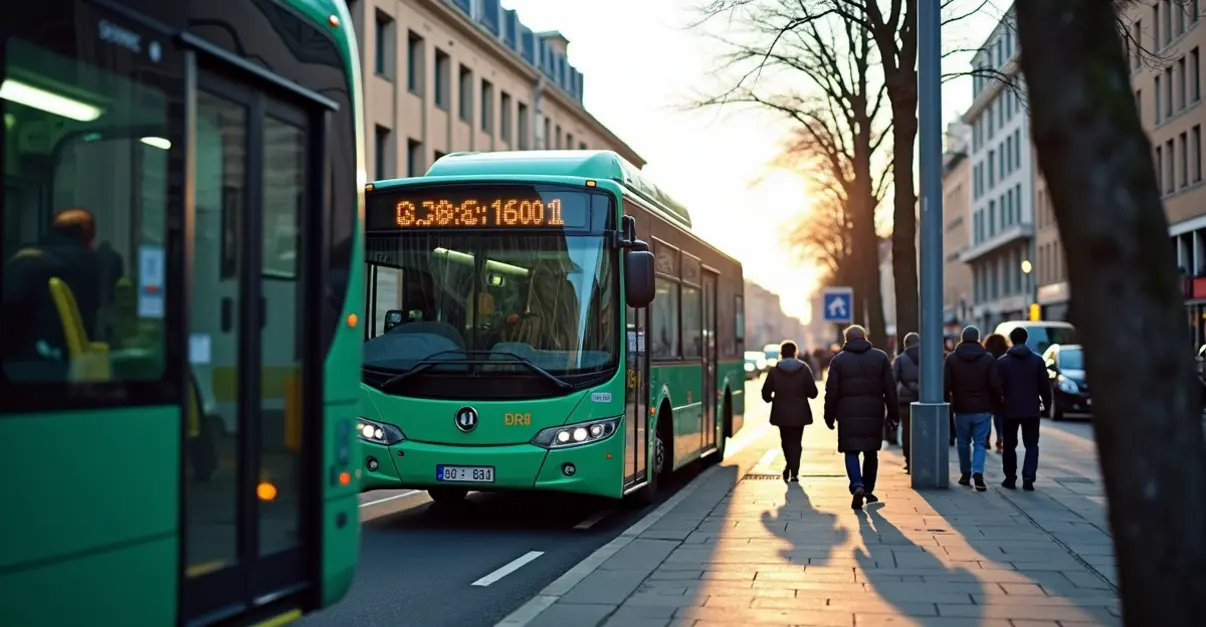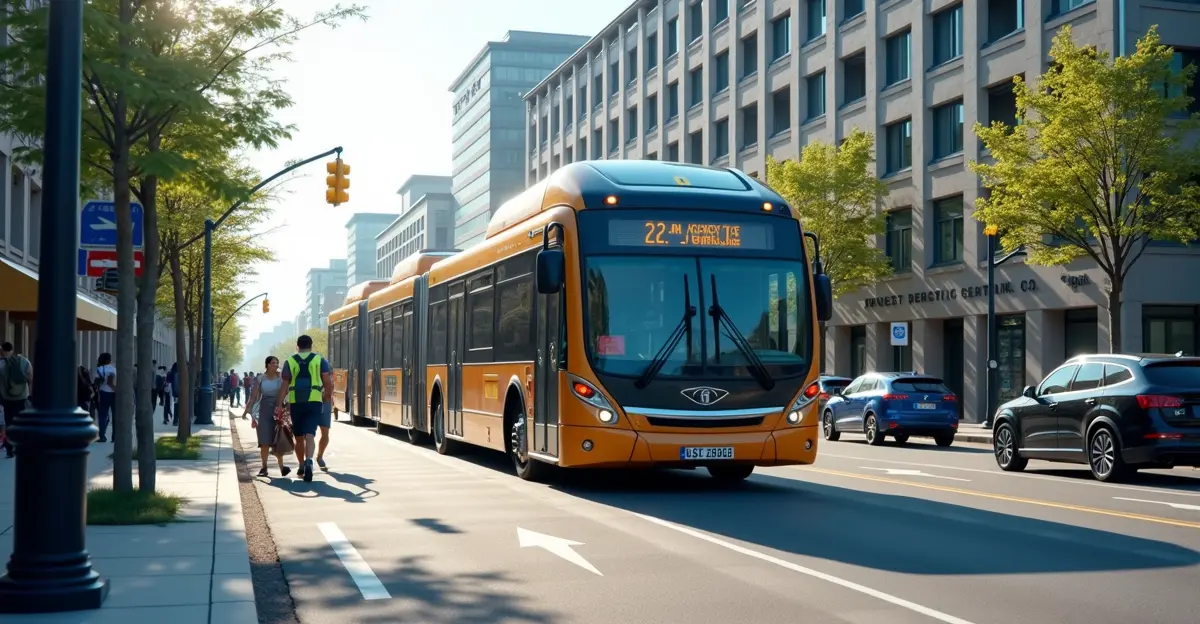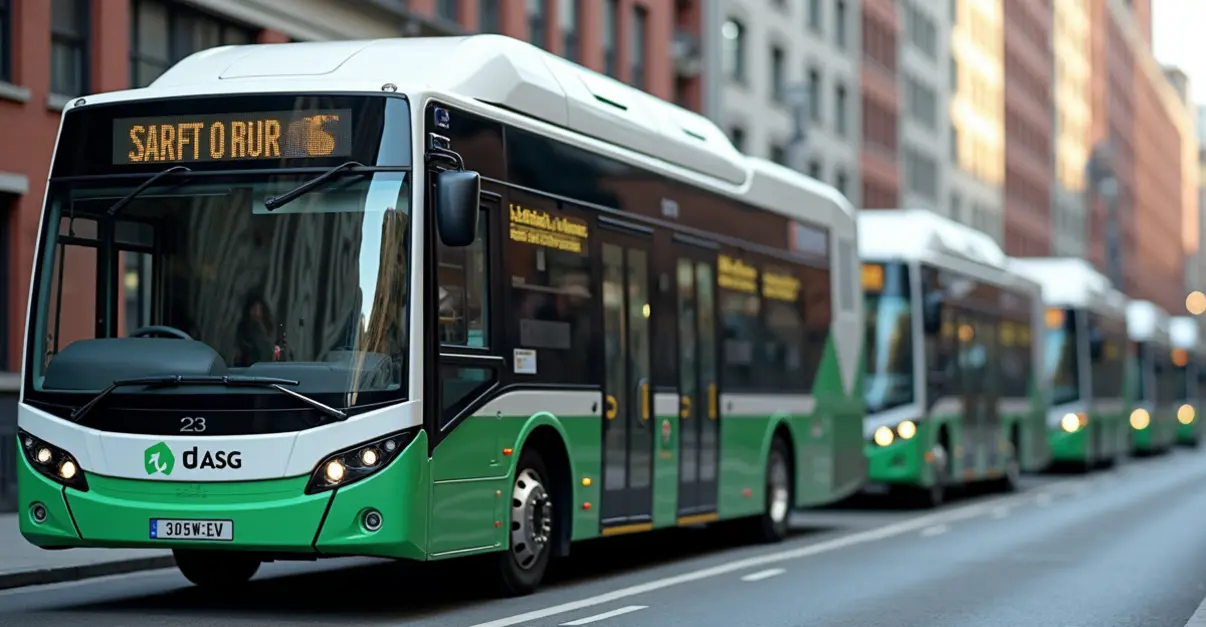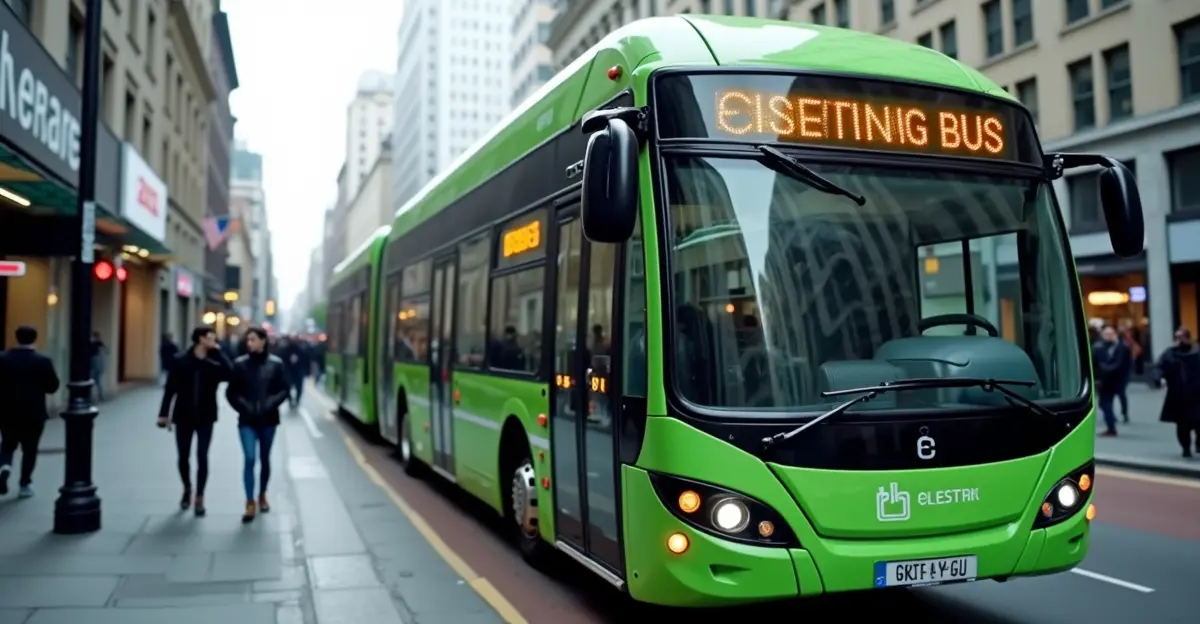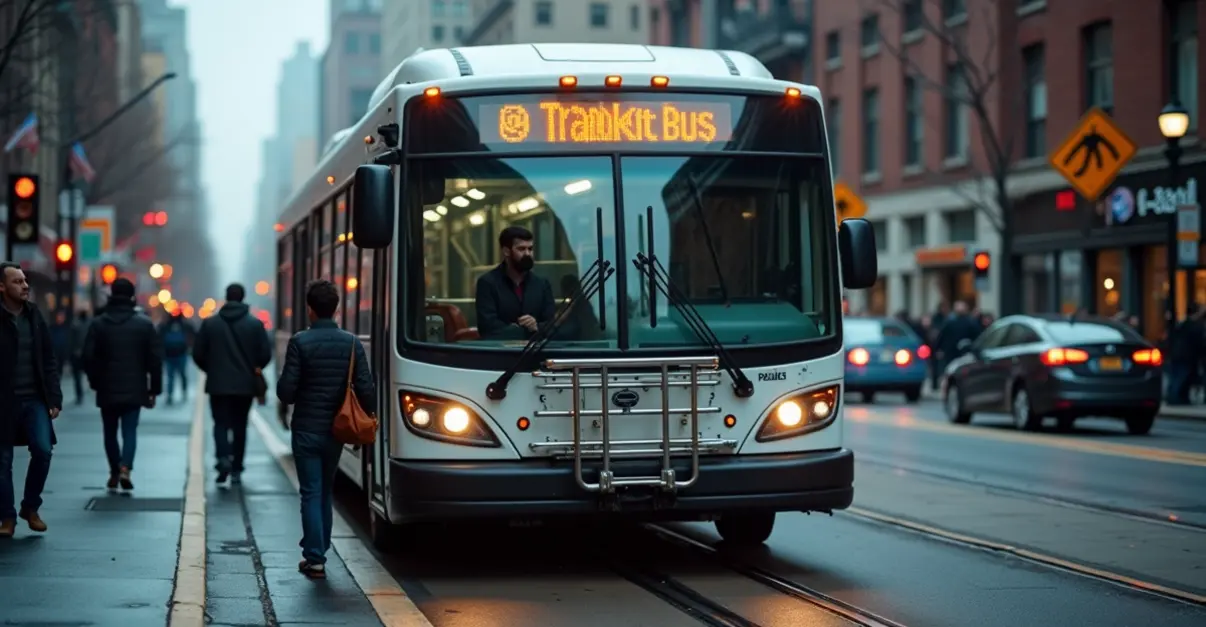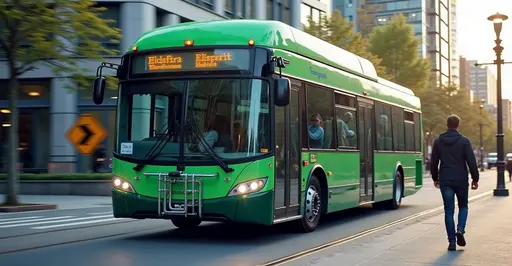The Silent Revolution on European Streets
Across Europe, a quiet revolution is transforming urban transportation as cities rapidly phase out diesel buses in favor of electric alternatives. What began as pilot projects just a few years ago has become a full-scale transition, with major European capitals leading the charge toward cleaner, quieter public transport.
Amsterdam's Electric Acceleration
Amsterdam has emerged as a frontrunner in the electric bus revolution, completing a major e-mobility transformation through its 'Zero Emission Buses for public transport in Amsterdam' project. By December 2024, the city successfully deployed 128 zero-emission buses and 160 charging points across the city. 'We're not just changing vehicles - we're transforming how people move through our city,' says a spokesperson for Amsterdam's transport authority. The city has accelerated its transition timeline, moving the target from 2030 to 2025, with plans to purchase between 91-142 additional electric buses this year.
Paris's Bus2025 Program Milestone
Paris has reached a significant milestone in its ambitious Bus2025 program, with public transport operator RATP recently commissioning its 1,000th electric bus. This achievement represents a major step in the program launched during COP21 in 2014, which aims to convert the entire Île-de-France bus fleet to electricity and biomethane by 2025. 'This isn't just about cleaner air - it's about creating a sustainable urban environment for future generations,' explains a RATP executive. The transition has already reduced CO2 emissions from bus transport by 50% between 2015 and 2025, with the overall investment totaling €5.7 billion.
Berlin's Electric Expansion
Berlin is rapidly expanding its electric bus fleet, with BVG currently operating 227 electric buses and planning to reach approximately 500 by 2027. The city is implementing an innovative charging concept with 36 terminal stops equipped with 'bottom-up' pantograph technology. 'We're building the foundation for a completely emission-free bus fleet by the early 2030s,' says a BVG representative. The company has laid the foundation for its first fully electric bus depot in Marienfelde, marking the first new depot in over 60 years.
Market Trends and Economic Advantages
The transition to electric buses is being driven by compelling economic advantages. According to recent analysis, electric buses cost only €0.15 per kilometer compared to €0.95 for hydrogen buses. This cost efficiency, combined with superior energy efficiency - electric buses consume only 137-154 kWh per 100 km versus 310-336 kWh for hydrogen models - has made battery-electric technology the clear market winner. Hydrogen fuel cell buses have fallen to just 3% of new sales as cities abandon them due to high costs and complex infrastructure requirements.
European Union Leadership
The European Union is playing a crucial role in accelerating this transition. A Transport & Environment study reveals that 27 European cities are targeting 100% zero-emission bus fleets by 2025 or 2030. Eight cities aim to achieve this goal by 2025, with an additional 19 targeting 2030. Countries like Norway, Slovenia, Denmark, and the Netherlands achieved 100% zero-emission new city bus sales in 2023, demonstrating the rapid pace of adoption.
Challenges and Infrastructure Development
Despite the rapid progress, cities face significant challenges in establishing adequate charging infrastructure. Limited electricity network capacity and space availability remain key obstacles. Amsterdam's experience highlights these challenges, with the city working to overcome infrastructure limitations while expanding its electric fleet. The transition requires substantial investment in depot conversions and charging networks, with cities like Paris investing €29 million in single depot conversions.
The Future of Urban Mobility
As Europe continues its electric bus transition, the benefits extend beyond environmental improvements. Electric buses offer quieter operation, reduced maintenance costs, and improved passenger comfort. 'The silent operation of electric buses is transforming the urban soundscape,' notes an urban planning expert. With projections indicating 100% zero-emission new city buses could be achieved across the EU by 2027, the diesel era in European public transport is rapidly coming to an end.
The transition represents one of the most significant transformations in urban mobility since the introduction of motorized buses. As cities continue to expand their electric fleets and improve charging infrastructure, European urban centers are setting a global standard for sustainable public transportation that combines environmental responsibility with economic efficiency and improved quality of life for residents.

 Nederlands
Nederlands
 English
English
 Deutsch
Deutsch
 Français
Français
 Español
Español
 Português
Português
